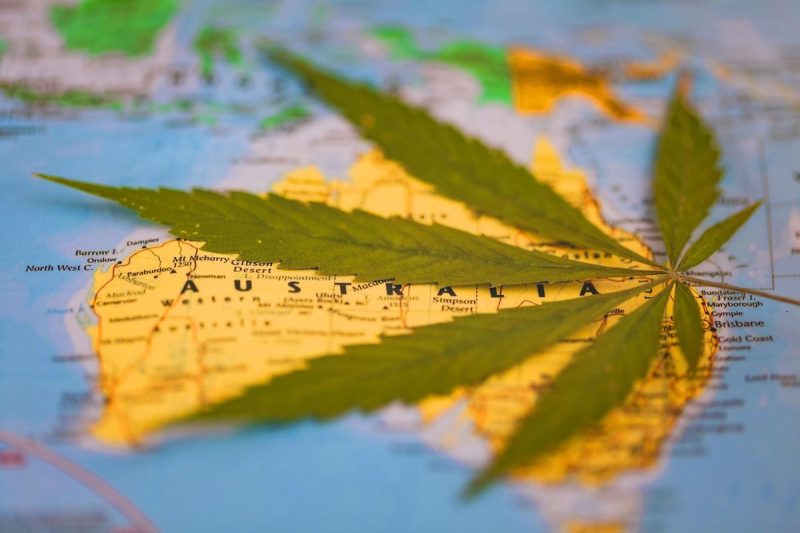As Australia continues to navigate the legalization of cannabis for medicinal and recreational use, each state has its own set of regulations and laws governing the herb. Let’s delve into a state-by-state guide to cannabis in Australia to better understand the current landscape.
New South Wales (NSW) is at the forefront of the medicinal cannabis industry in Australia. Following the implementation of the Medicinal Cannabis Compassionate Use Scheme in 2018, qualified patients can access cannabis-based products with approval from a medical practitioner. The state also legalized the possession and use of up to 15 grams of cannabis for adults, with penalties reduced to fines and warnings.
Victoria, another key player in the medicinal cannabis space, legalized cannabis for medical use in 2016. The Access to Medicinal Cannabis Act allows approved patients to access cannabis products for treatment. However, recreational cannabis remains illegal in Victoria, with strict penalties for possession and use.
Queensland has taken steps towards providing access to medicinal cannabis through the Medicinal Cannabis Act 2016. Approved patients can obtain cannabis-based products for medical treatment with a prescription from a healthcare practitioner. The state still prohibits the recreational use of cannabis, with penalties in place for those found in possession.
South Australia (SA) has a decriminalized approach to cannabis possession, with the Cannabis Expiation Notice (CEN) system allowing for fines rather than criminal charges for small amounts. However, medicinal cannabis access is limited, with patients requiring approval from both a specialist doctor and a state government authority to use cannabis products for treatment.
Western Australia (WA) has decriminalized cannabis possession for personal use, with the Cannabis Control Act allowing individuals to possess up to 10 grams for personal use. The state also allows for medicinal cannabis use under strict regulations, with patients needing approval from a medical practitioner and the Department of Health.
Tasmania has taken a cautious approach to cannabis legalization, with the cultivation of medicinal cannabis permitted under the Controlled Access Scheme (CAS). Patients can access cannabis-based products with approval from a specialist doctor. Recreational cannabis remains illegal in Tasmania, with penalties enforced for possession and use.
The Australian Capital Territory (ACT) made history by legalizing recreational cannabis for personal use in 2019. Adults in the ACT can possess up to 50 grams of cannabis and grow up to four plants per household. Medicinal cannabis is also available to approved patients under the Medicinal Cannabis Patient Access Pathway.
In conclusion, each state in Australia has its own unique approach to cannabis legislation, with varying degrees of access for both medicinal and recreational use. As the landscape continues to evolve, it is essential for individuals to stay informed about the laws and regulations governing cannabis in their respective states.

